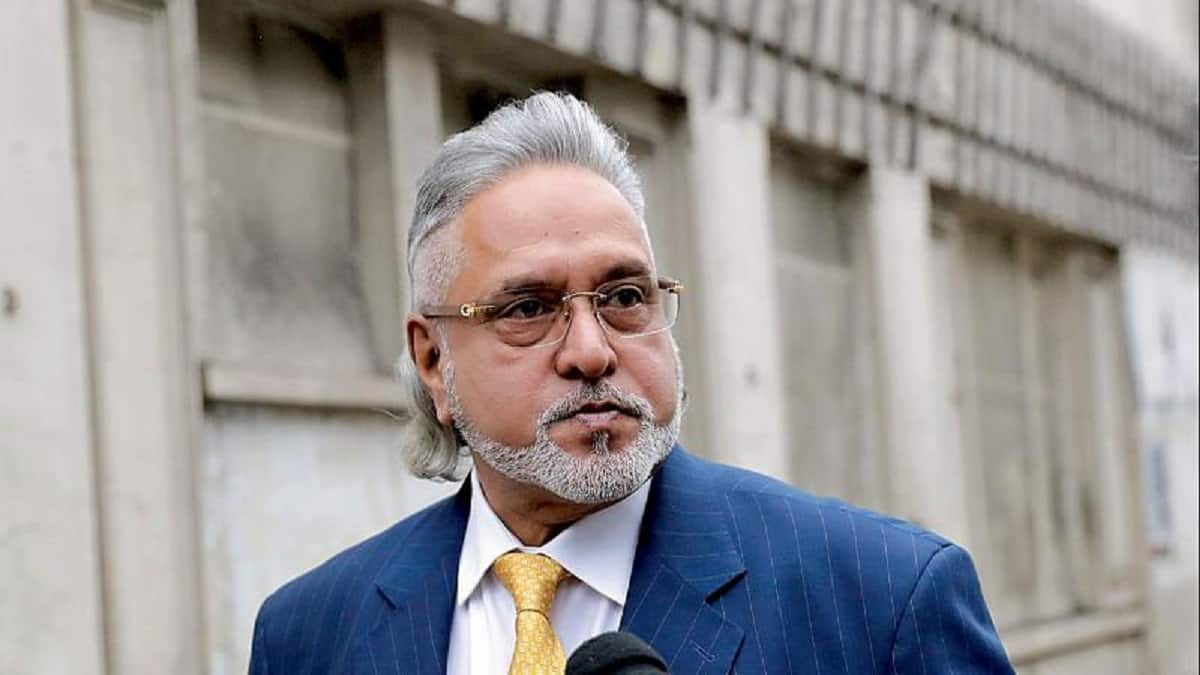
Economic pressures and a desire for enhanced personal wellbeing are driving a shift in the Filipino workforce. Employees are increasingly seeking employers who prioritize their needs beyond basic compensation, demanding comprehensive benefits, flexible work arrangements, and support for financial security. A recent study by global professional services firm Aon plc revealed a startling statistic: 64 percent of Filipino employees are actively seeking new employment or seriously considering it within the next 12 months.
The study, which surveyed over 9,000 employees across 23 geographies, including major economies like the U.S., China, India, and Japan, underscores a global trend.

However, the Philippines stood out with its particularly high percentage of restless workers. According to Aon, this mass contemplation of career transitions signifies a challenge for employers across the country, from Metro Manila to the cities of Cebu and Davao. Josef Ayson, growth lead for Talent Solutions for the Philippines at Aon, said there is an escalating competition for skilled talent in the country.
"Competition for skilled talent is increasing across the Philippines," he states. "This affects not just Manila where the right talent is more readily available but also in cities like Cebu, Davao, and other islands within the archipelago. In such an environment, managing and retaining employees is important for firms to remain competitive.
" The study highlighted that the driving force behind this potential exodus is a desire for enhanced employee benefits, particularly those that address the rising cost of living and mental wellbeing concerns. One of the most striking findings in the report is the willingness of employees to trade existing perks for a more tailored benefits package, as 83 percent of respondents preferred flexibility and personalization, indicating an apparent demand for benefits that cater to individual needs. Aon said this shift underscores the inadequacy of one-size-fits-all approaches in today's dynamic work environment.
Aon's research also pinpointed the top five benefits valued by the Filipino workforce: medical coverage, paid time off, work-life balance programs, career development, and retirement savings. "Amid continued economic volatility and the rising cost of living, there is a growing expectation for employers to provide medical coverage and support for mental and financial wellbeing," Cris Rosenthal, strategic advisory lead for Health Solutions for the Philippines at Aon explains. "Employers must rethink their approach to employee benefits balancing wages with flexible benefits to attract and retain the talent they need,” he added.
The escalating cost of living has also undeniably placed a major strain on Filipino households, which compelled workers to prioritize financial security. The study revealed that 65 percent of employees believe employers should facilitate retirement savings and long-term financial planning. Furthermore, 58 percent emphasized the importance of financial education.
This demand for financial support underscored the need for employers to adopt a holistic approach to employee wellbeing. Beyond competitive salaries, organizations must provide resources and tools that empower employees to manage their finances effectively and plan for the future. The implications of these findings are profound.
For Philippine businesses, Ayson said the looming prospect of a mass talent exodus necessitates a strategic overhaul of employee engagement and retention strategies. Companies must move beyond traditional compensation models and embrace a culture of empathy and support. Ayson added that data-driven decision-making is needed in navigating this evolving landscape.
"Compensation strategies based on the latest data and analytics from their own organisations as well as the market, can help companies make more informed decisions on attracting and retaining employees in this evolving workforce landscape," he advises. Employers must prioritize understanding the specific needs and aspirations of their workforce. Regular feedback mechanisms, employee surveys, and open communication channels are crucial for gaining insights into employee sentiment and identifying areas for improvement.
Furthermore, companies should invest in robust employee benefits programs that offer flexibility and personalization. This includes medical coverage options, generous paid time off policies, and comprehensive work-life balance initiatives. Career development opportunities are also critical for retaining talent.
Employees are seeking organizations that invest in their growth and provide pathways for advancement. This includes offering training programs, mentorship opportunities, and clear career progression frameworks. Addressing the growing demand for financial wellbeing support is equally important.
Employers can partner with financial institutions to provide access to retirement savings plans, financial education workshops, and personalized financial planning services..















